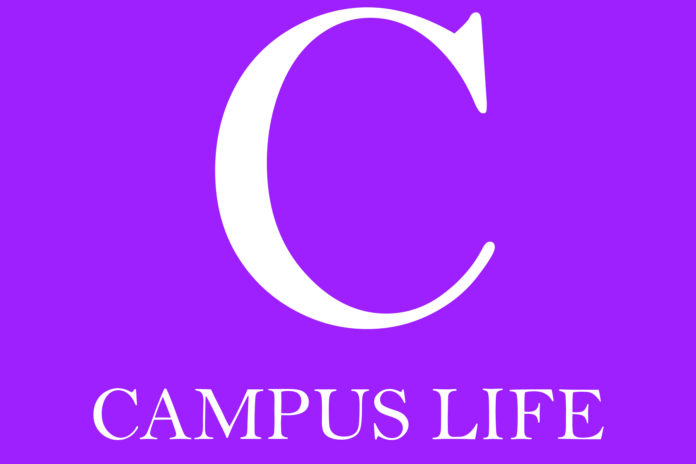The Office for Inclusive Excellence hosted the third of four Diversity Dialogues Tuesday, Nov. 4 in the Student Center, inviting students to come together and discuss the ins and outs of unconscious bias.
Keshia Booker, assistant director of multicultural development for the Office for Inclusive Excellence, guided the general discussion during the event, encouraging students to consider where they had seen or perhaps even showcased bias in their lives.
“For me, the purpose of this talk is that I wanted students to walk away with an understanding of unconscious bias and then, potentially, other biases as well,” Booker said. “I really wanted students to be aware of ways to advocate or interrupt those that they see portraying aspects of unconscious bias.“
A working definition of unconscious bias was presented by a slide during the event, stating “unconscious bias refers to a bias that happens without thought and is triggered by our brain, making quick judgements and assessments of people and situations influenced by our background, cultural environment and personal experience.”
Two activities during the event aimed to showcase how unconscious biases can come to be. In one, attendees were asked to fill out a worksheet on the people in their circle of trust (excluding family members) and note the differences and similarities in categories such as gender, nationality and educational level.
A noted majority of students found that most of their trusted peers shared many similarities with them in these categories. The purpose of such activities, Booker said, was not to shame students for the construction of their circles of trust, but to ask them to consider why their circle might be constructed in such a way to begin with.
“We are frequently asking our students to build a community, but we’re not having conversations based around what they believe community to be,” Booker said. “We’re asking them to treat others with respect, or not show biases, or those types of things, but we’re not really educating them on what bias is or how that applies in their day to day life. Diversity Dialogues is an opportunity to have some educational aspects of it.”
Unconscious bias was the third of four total Diversity Dialogues, with the previous two focusing on what exactly makes a community and the LGBT community, Booker said. The fourth will center on the topic of self care and will take place in room 322 in the Student Center.
“We at the Office for Inclusive Excellence examined what things that we’re asking of the Slippery Rock students, or areas where the students haven’t been given a lot of opportunity to have a conversation about,” Booker said. “For us, it’s about seeing what the students are looking for and areas where the students would like to have conversations, and trying to create a space where they can do just that.”









